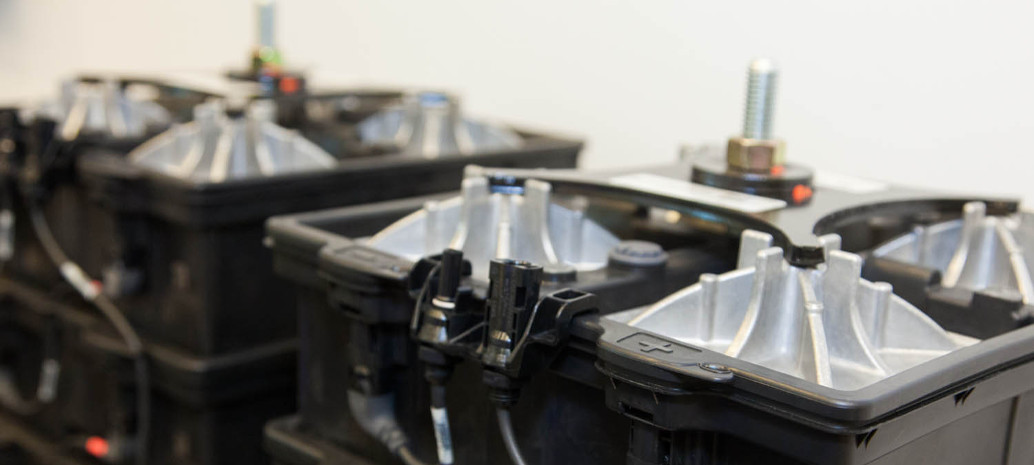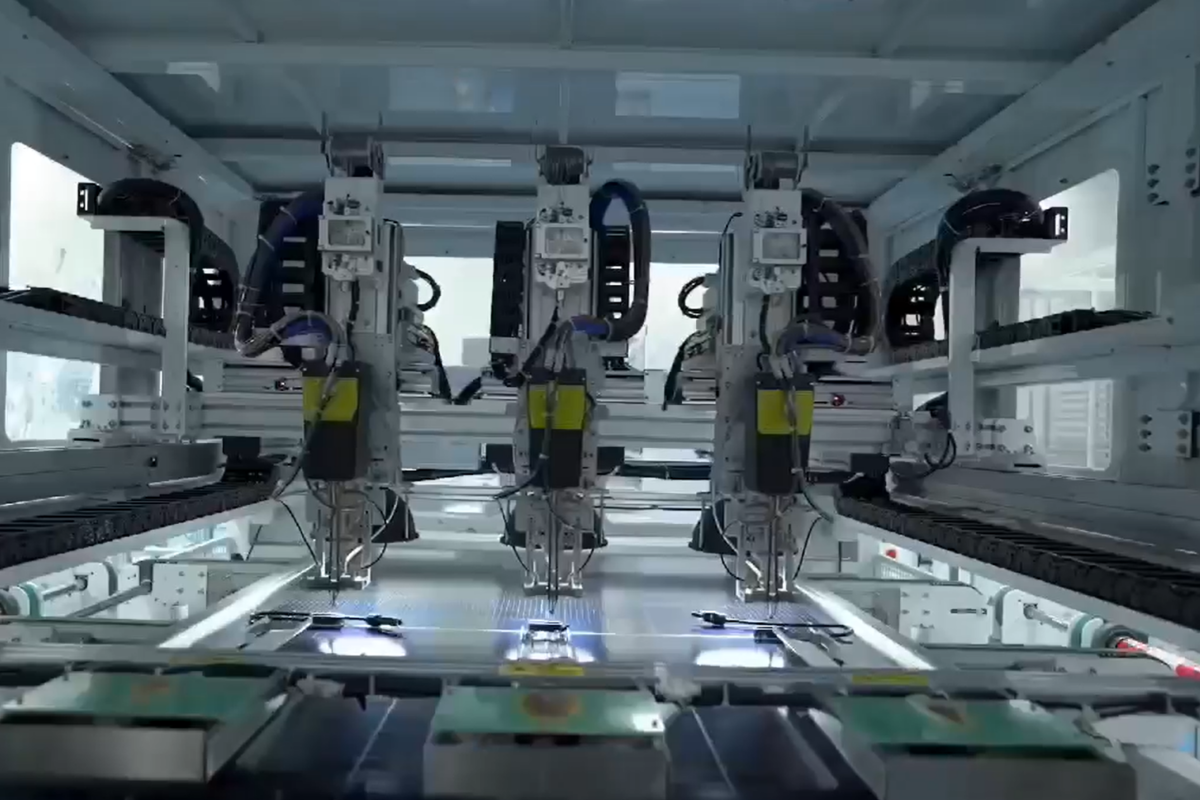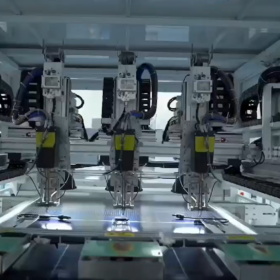Tata Chemicals Limited (TCL), a manufacturer of basic chemistry products (soda ash, sodium bicarbonate), has signed a Memorandum of Understanding (MoU) with the Indian Space Research Organisation (ISRO) for transfer of ISRO’s lithium-ion cell technology.
The Vikram Sarabhai Space Centre (VSSC), a part of ISRO, has developed the technology to produce space-grade lithium-ion cells of various kinds, to power its rockets and satellites.
Under this MoU, ISRO would transfer the technology to Tata Chemicals so that it may utilise the knowhow for the manufacture of lithium-ion cells in India. VSSC, ISRO would be providing this technology to TCL on a non-exclusive basis, to manufacture cells of varying capacity, size, energy density and power density—catering to a wide spectrum of power storage requirements.
With a transformation agenda built on innovation and sustainability, this move envisages leveraging advanced technology developed in India for wide commercial use, and is in line with the company’s strategy to grow its Speciality business.
ISRO uses Li-ion batteries as power sources for satellites and launch vehicle applications due to their high energy density, reliability and long cycle life. Last year, VSSC of ISRO, which has developed the technology, demonstrated the performance of the cell under various testing conditions and established its cycle life characteristics in accelerated mode. According to ISRO, this technology can also be adapted to cater to the Li-ion cell requirement for other national needs.
The MoU between Tata Chemicals and ISRO follows Tata Group’s announcement, at this year’s Vibrant Gujarat Global Summit in January, to invest in lithium-ion battery manufacturing in Gujarat.
Li-ion on a roll
Last year, Central Electro Chemical Research Institute (CECRI), Karaikudi, Tamil Nadu under Council of Scientific & Industrial Research (CSIR) and RAASI Solar Power signed an MoU for transfer of technology for India’s first Li-ion battery project. Of late, many other companies have also announced their Li-ion cell manufacturing ventures in India.
Currently, Indian manufacturers source lithium-ion batteries from China, Japan and South Korea among some other countries. India is one of the largest importers and in 2017, it imported nearly US$ 150 million worth of Li-ion batteries.
In a move to promote indigenous manufacturing, the government has doubled the basic import duty on lithium ion cells—used in manufacturing of lithium ion accumulator for EVs—to 10 per cent from April 2021. Battery packs used in manufacturing electric vehicles face tripled import duty of 15 per cent as against the current 5 per cent.
This content is protected by copyright and may not be reused. If you want to cooperate with us and would like to reuse some of our content, please contact: editors@pv-magazine.com.









1 comment
By submitting this form you agree to pv magazine using your data for the purposes of publishing your comment.
Your personal data will only be disclosed or otherwise transmitted to third parties for the purposes of spam filtering or if this is necessary for technical maintenance of the website. Any other transfer to third parties will not take place unless this is justified on the basis of applicable data protection regulations or if pv magazine is legally obliged to do so.
You may revoke this consent at any time with effect for the future, in which case your personal data will be deleted immediately. Otherwise, your data will be deleted if pv magazine has processed your request or the purpose of data storage is fulfilled.
Further information on data privacy can be found in our Data Protection Policy.